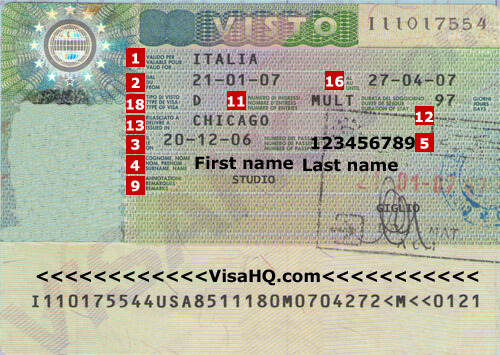Italy Embassy list in Philippines
Need help?Chat with us
Why Trip Registration at the Italy Embassy is Important
Registering your trip with the Italy embassy is a crucial step for ensuring your safety while traveling abroad. In times of crisis, such as natural disasters, political unrest, or medical emergencies, having your trip registered enables the embassy to reach out and provide necessary assistance. For example, if a sudden earthquake strikes the area you are visiting, the embassy can quickly communicate safety measures and evacuation plans. In scenarios of political turmoil, registered travelers can receive alerts about unrest in their vicinity, helping them make informed decisions about their safety. Additionally, if you encounter a medical emergency, the embassy can facilitate communication between you and local healthcare providers, ensuring you receive timely help. Overall, registration enhances your security and the embassy’s ability to support you effectively in any unforeseen situations.
Italy Embassy FAQs
Can the Italy embassy assist in legal issues abroad?
Yes, the Italy embassy can provide guidance on legal issues, including referrals to local legal counsel, though they cannot provide legal representation.What should I do if I lose my Italy passport in the Philippines?
If you lose your passport, you should immediately report it to the local police and then contact the Italy embassy for assistance in obtaining a replacement.Does the embassy offer services for cultural exchange programs?
Yes, the embassy often supports various cultural exchange programs and initiatives that promote Italian culture and language in the Philippines.Can the embassy help me find accommodations during my stay?
While the embassy cannot book accommodations, they can provide resources and suggestions for local hotels and lodgings.What support is available for students studying in the Philippines?
The Italy embassy offers guidance and resources for Italian students studying in the Philippines, including information about local universities and cultural integration.
Services Provided by Italy Embassies in Philippines
Passport Services
- Issuance of new passports
- Passport renewal
- Lost passport replacement
Visa Issuance for Foreign Nationals
- Processing visa applications for those wishing to visit Italy
Assistance in Legal or Medical Emergencies
- Information and referrals for legal assistance
- Support in medical emergencies, including hospital referrals
Travel Alerts and Safety Updates
- Regular updates and alerts regarding travel safety and security in the region
Support for Nationals Detained Abroad
- Assistance for Italian nationals detained for legal issues or other reasons
Summarized Diplomatic Presence
Italy maintains a robust diplomatic presence in the Philippines, with an embassy located in Manila and a consulate in Cebu. The embassy’s primary functions include fostering bilateral relations, promoting economic and cultural exchanges, and providing support to Italian citizens residing or traveling in the Philippines. The strong diplomatic ties between Italy and the Philippines emphasize collaboration in various areas, including trade, tourism, and cultural appreciation, significantly enhancing mutual understanding and cooperation between the two nations.
